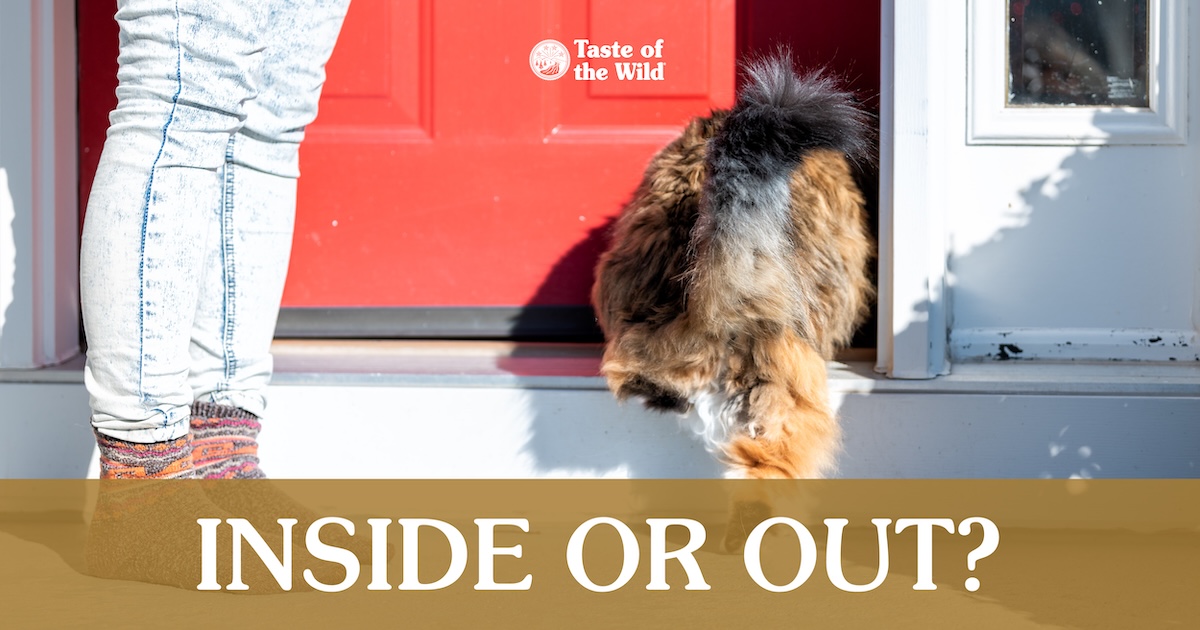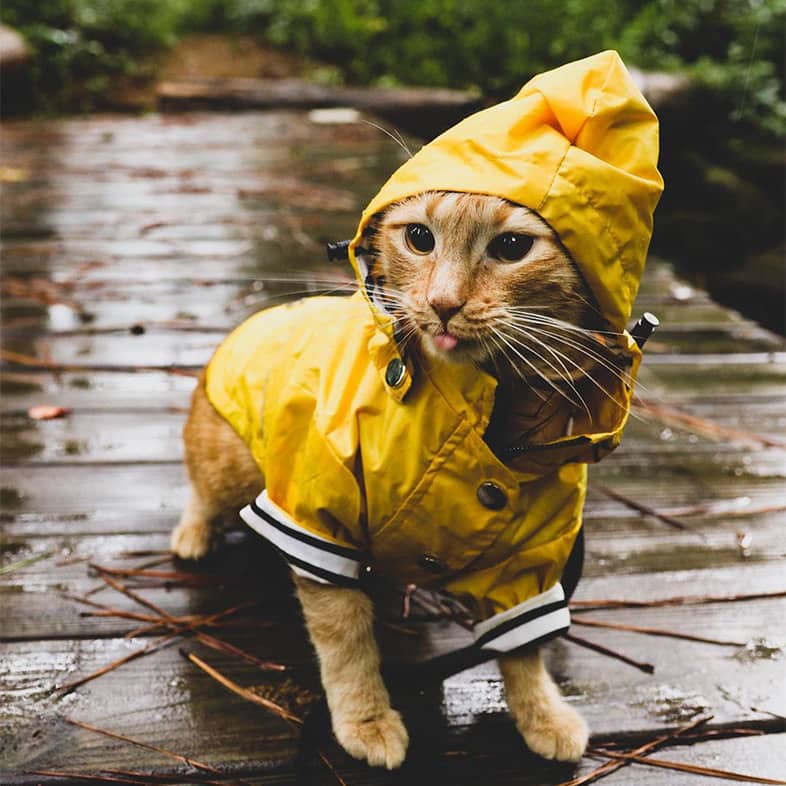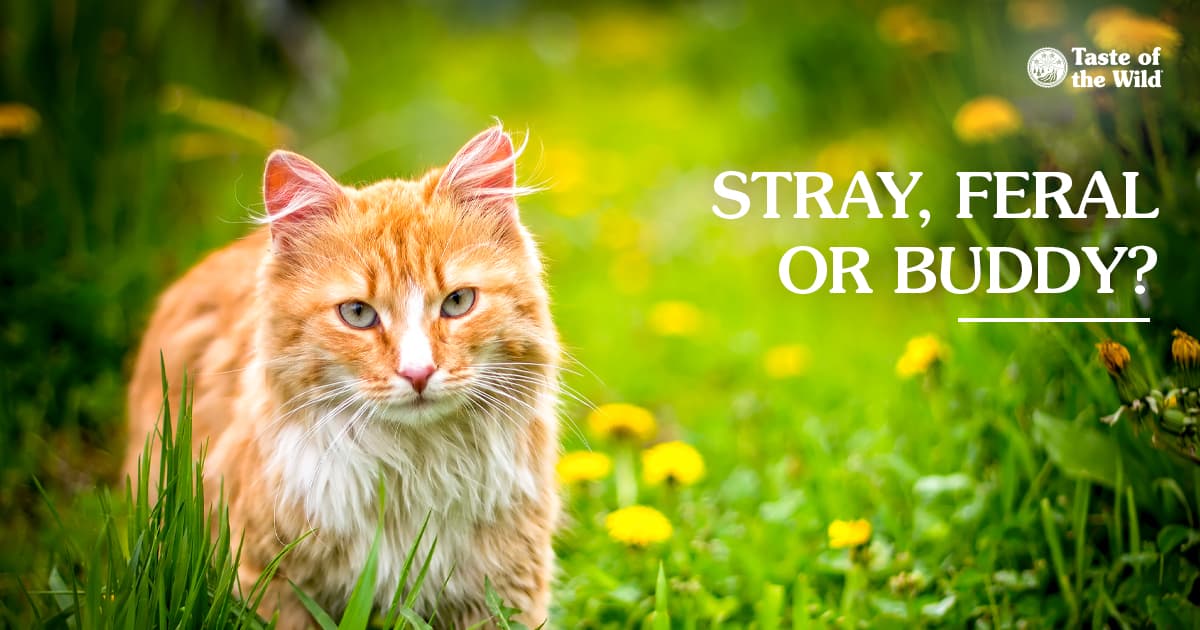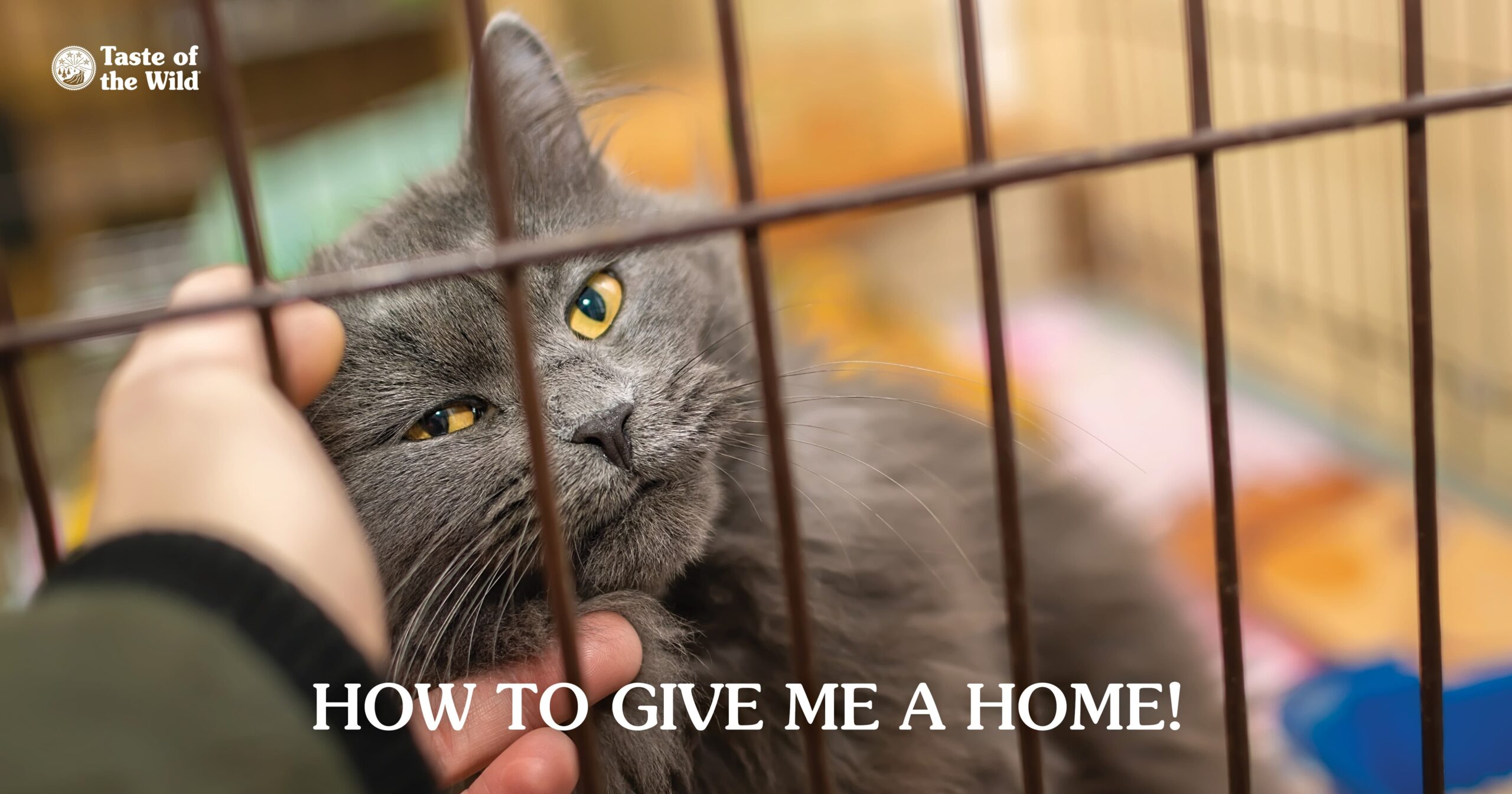Indoor Cats vs. Outdoor Cats: Which Is Right for You?
Category: Adoption

When adopting a cat, pet owners have a choice to make about where their cat is going to live. For some people there’s no question — they’ll be an indoor-only cat and that’s that. But some people may like their cat to have a hybrid lifestyle inside and out. To help you make the choice of what’s right for you and your cat, we’ve got the pros and cons of both lifestyles.
How Long Do Indoor Cats Live?
An indoor cat’s lifespan is typically around 10 to 15 years, which is significantly longer than the life expectancy of an outdoor cat (more on that later). This is mostly due to the safe environment that life indoors provides. Indoor cats are protected from inclement weather (e.g., rain, snow and temperature extremes), other cats and animals carrying diseases and parasites, and physical dangers like cars, predators and, unfortunately, cruel humans.
Are Indoor Cats Happy?
It’s likely a common question for cat owners — is my cat happy? Many cats thrive on an indoor lifestyle; others don’t. Indoor-only cats may be protected from the dangers lurking outside, but their confined life means they can be restricted in their ability to express natural and essential behaviors like stalking, catching prey, scratching and urine marking.
To keep indoor cats happy, it’s important that your indoor cat has the opportunity to express these behaviors and for you to — as much as possible — make the indoors as interesting and exciting as the outdoors. Some of the ways you can help enrich your cat’s lifestyle indoors include providing:
- Scratching posts
- A private sanctuary
- Perches
- Cat toys that provide physical and mental stimulation
- Appropriate litter boxes
- Toys that provide an opportunity to hunt
Keeping cats indoors does have a potential downside. Indoor cats are more likely to develop behavioral problems, which can put them at risk of being surrendered to animal shelters or euthanized. Providing indoor cats with enrichment activities and ensuring their needs are being met can help reduce behavioral problems.
How Long Do Outdoor Cats Live?
The lifespan of outdoor cats is typically less than 5 years. This decreased life expectancy is due to a variety of reasons, including a greater risk of injury from cars, dogs and wild animals, like coyotes, foxes, raccoons and birds of prey. Additionally, outdoor cats face increased exposure to serious diseases such as feline leukemia and feline immunodeficiency virus from stray or feral cats who aren’t vaccinated. They also have increased exposure to diseases from other animals such as avian influenza A (H5N1, also called bird flu) which can be fatal to cats. Outdoor cats can also be exposed to poisons like antifreeze and rodenticides.
Cats are territorial, so if they come across a stray cat or other free-roaming cats from the neighborhood, territorial fighting can occur. This can result in severe injuries, infections from bite wounds and disease transmission. Fraternizing with free-roaming community cats can also increase the risk of your cat coming home with fleas, ticks, ringworm or ear mites — some of which can be a risk to the health of you and your family, too. And of course, if you have a female cat that isn’t spayed, there’s a chance of unexpected kittens.
If you’re considering adopting a cat that has spent most or all of its life outside, the good news is that with patience and slow adjustments, many outdoor cats can become indoor cats.
What Do Outdoor Cats Eat?
Cats are carnivores (meat eaters) that excel at hunting. So don’t be surprised if your outdoor-roaming cat proudly presents you with a dead mouse or bird as a “gift,” or if you find them devouring said gift on the kitchen floor. If you allow your cat to go outside but don’t like the idea of them hunting, you can try adding a bell to their collar to help announce their presence before they pounce — although this isn’t always effective. Keeping them well-fed with cat food may also help reduce their hunting urge, but remember that hunting is a natural part of a cat’s behavior.
Do Cats Need to Go Outside?
Ultimately, it’s your choice. A cat owner’s decision on whether their cat should live inside or outside depends on the cat’s health and personality and whether the cat owner can provide an interesting indoor environment or a safe outdoor environment.
If you would like to provide your cat with a hybrid lifestyle, consider building or buying an outdoor cat house, cat run or catio that keeps them safe while enjoying the outdoors. It’s also a good idea to take pets inside at nighttime so they are protected from wildlife or other nighttime hazards.
The information in this blog has been developed with our veterinarian and is designed to help educate pet parents. If you have questions or concerns about your pet’s health or nutrition, please talk with your veterinarian.




